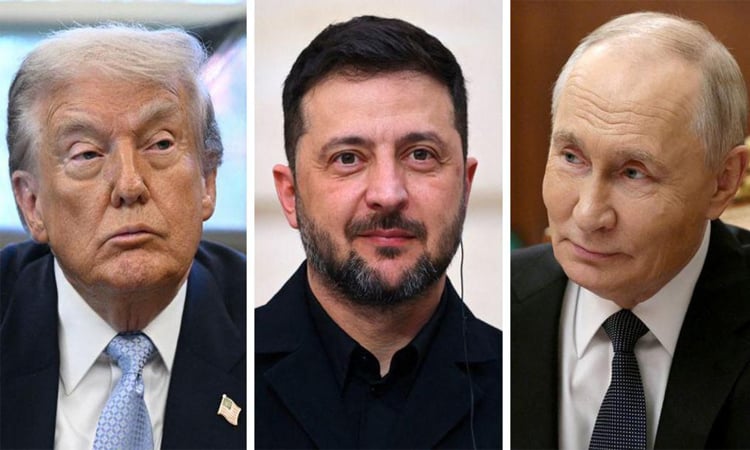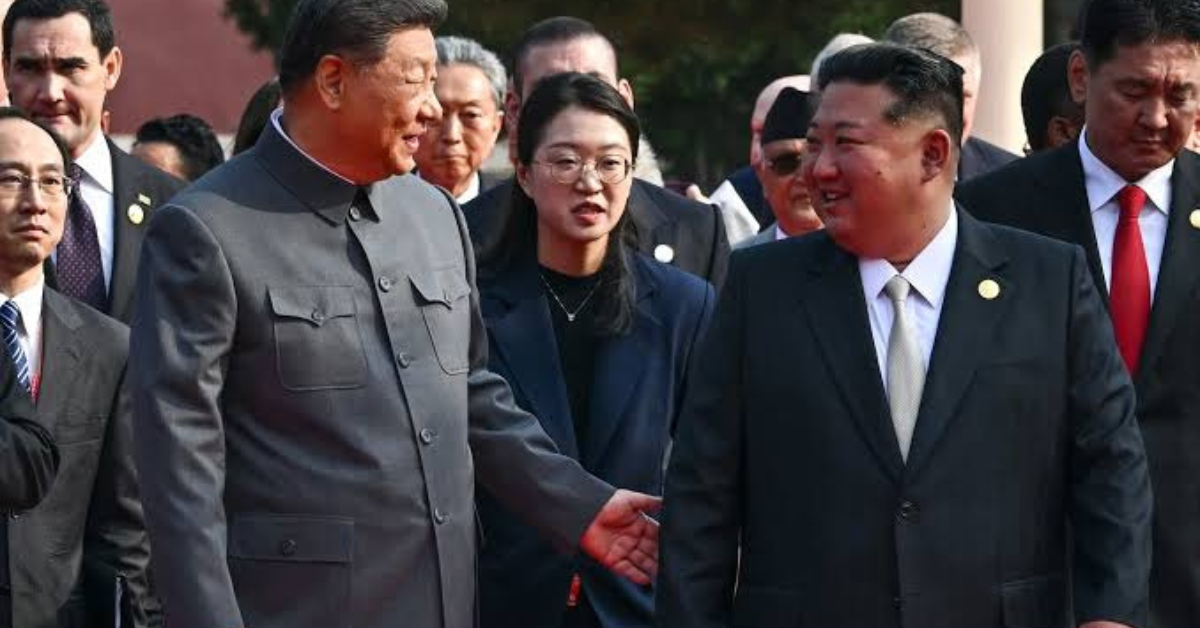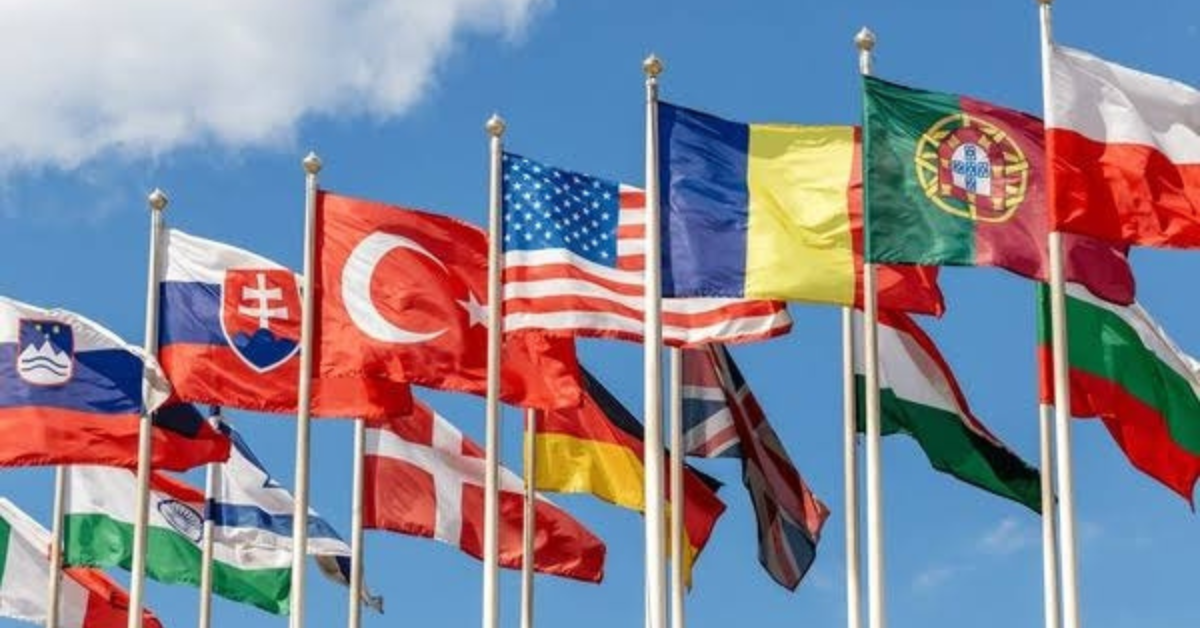TLE DESK: European leaders will accompany Ukrainian President Volodymyr Zelensky to Washington on Monday, as Kyiv and its allies scramble to influence Donald Trump’s evolving stance on Russia’s invasion.
The move follows Trump’s high-profile summit in Alaska with Russian President Vladimir Putin, which ended without agreement on a ceasefire – once a key demand of the US president. Instead, Trump has now called for direct negotiations on a final peace deal, a shift widely seen as favouring Moscow.
Ukraine and its European partners argue that Putin’s push for a “comprehensive settlement” is simply a tactic to buy time while Russian forces press on with battlefield gains.
European push for influence
Joining Zelensky in Washington will be German Chancellor Friedrich Merz, French President Emmanuel Macron, NATO Secretary-General Mark Rutte, and European Commission President Ursula von der Leyen.
On Sunday, von der Leyen hosted Zelensky in Brussels, joined virtually by other leaders, before announcing she would travel with him to Washington at his “request”.
Berlin confirmed Merz’s attendance, stressing the need for “swift progress towards peace”.
Trump, briefing allies on his flight back from Alaska, insisted “ceasefires often do not hold up” and said the only sustainable way forward was a comprehensive peace agreement.
But Zelensky, in a weekend post on social media, warned that Trump’s new approach “complicates the situation”. “If Russia cannot respect a simple order to halt strikes, how can it commit to decades of peaceful coexistence with its neighbours?” he asked.
Controversial proposals
According to officials briefed on the Alaska talks, Trump expressed support for Putin’s proposal that Russia be allowed to fully control the eastern regions of Donetsk and Lugansk, in exchange for freezing the frontline in Kherson and Zaporizhzhia, where major cities remain in Ukrainian hands.
“The Ukrainian president refused to leave Donbas,” one official said bluntly.
Russia annexed all four regions on paper in 2022, though it has never achieved full military control.
Trump also floated the idea of US security guarantees for Ukraine – a proposal Chancellor Merz called “significant progress”.
Yet Europe’s top diplomat, Kaja Kallas, dismissed the Alaska outcome as hollow. “The harsh reality is that Russia has no intention of ending this war any time soon,” she said, accusing Moscow of trying to “drag out negotiations”.
A fraught White House return
All eyes now turn to Monday’s Oval Office meeting. Zelensky’s last visit in February ended in acrimony, when Trump and Vice President JD Vance publicly berated him for showing insufficient gratitude for American aid.
In a Fox News interview after meeting Putin, Trump suggested the responsibility for ending the war now lay squarely with Kyiv. “It’s really up to President Zelensky to get it done,” he said, signalling he sees the Ukrainian leader as the central actor in any deal.
Meanwhile, fighting continues unabated. Both Russia and Ukraine launched drone attacks on Sunday, underscoring how distant any settlement still appears.
Putin, for his part, warned Ukraine and its allies against “behind-the-scenes intrigues” that might derail what he described as “emerging progress”.



